INVISIBLE WORRIES
While top athletes in developed sports have made good use of social media platforms to build their image and earn legitimate income, many Vietnamese athletes seem to be hesitant about building their brand. "I want to focus on competing. If I get caught up in other activities outside of sports that lead to poor results, I'm afraid that the teachers (coaches, department heads) will judge the athletes for neglecting their expertise, and then the fans will put pressure on them, saying that the athletes are not dedicated to competing," a Vietnamese athlete confided.
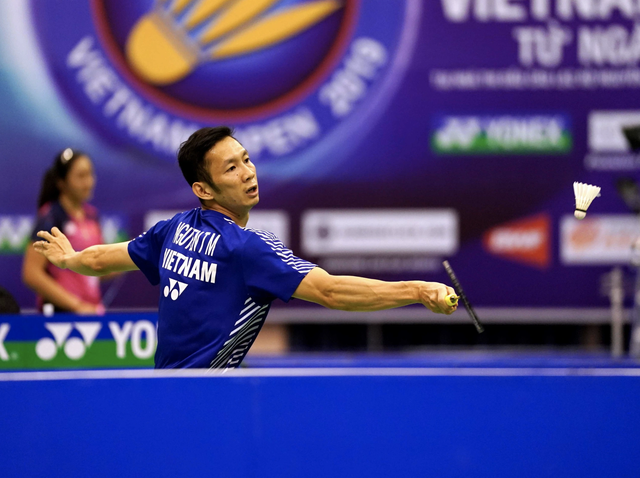
Nguyen Tien Minh owns an impressive personal brand, helping him inspire many generations of badminton enthusiasts.
Photo: INDEPENDENCE
That is the common thinking that has dominated Vietnamese sports for many years. That in sports, achievements are the decisive factor that creates the level of athletes. It is absolutely correct to believe that athletes must focus on competing, because the income of Vietnamese sports people today mainly comes from performance bonuses (from the state and businesses) and salaries. Competing well and having achievements means receiving bonuses according to regulations.
However, the performance bonus will only accompany the athlete during the competition period, usually lasting 10 - 12 years (with some special sports, the athlete only competes for about 6 - 8 years). Except for sports with a large fan base such as football, with bonuses of up to several hundred million, even several billion VND for each domestic and international tournament, other sports in Vietnam mostly struggle.
Therefore, building a brand on a digital platform to enhance the image, create a fan community, attract investment from businesses... is a sustainable way for Vietnamese athletes to increase their income. Returning to the original story, there are Vietnamese athletes who are worried that if they take care of their image but do not compete successfully, they will be at risk of being judged as neglecting their expertise. Most clearly seen in football, some Vietnamese players have been criticized for being too busy filming commercials and forgetting their main tasks. There are even faces who have been criticized by fans on their personal pages for not playing well.
This mindset makes many Vietnamese athletes stay away from television cameras, afraid to answer press interviews, even afraid of being famous, not wanting to be known and cared for by fans.
WHEN PRESSURE IS CONVERTED INTO MOTION
Looking at it from a positive perspective, building a brand for the sports world means that if you have a good image on social networks and cooperate with many brands, Vietnamese athletes will have more motivation to practice and maintain success.
Because if they achieve good results, it means that the brand's spread has a spark to "burn" steadily, and athletes can ensure a source of income from advertising, commerce, etc., instead of before, whether they competed well or not, the income difference was not too much.
At the same time, when embarking on the path of becoming a public figure, athletes will learn how to (and be more conscious of) maintaining their image, such as behaving properly both inside and outside of competition, maintaining a healthy lifestyle, confining themselves to a professional framework, having the motivation to compete persistently to prolong their career, and overcoming limits.
Vietnamese sports are not lacking in examples of good personal brands and still ensuring impressive competition results, thanks to the harmonious combination of these two factors to create an ideal career. In addition to the football stars who are familiar to fans, there are also outstanding sports faces in other sports such as: Nguyen Thi Oanh (athletics); Nguyen Thuy Linh, Nguyen Tien Minh (badminton); Chau Tuyet Van (taekwondo); Do Thi Anh Nguyet (archery); Nguyen Huy Hoang (swimming); Le Thanh Tung (gymnastics)...
Having a personal brand will help athletes become more professional, well-groomed, and know how to take care of and maintain their careers, taking advantage of their image not only to increase their income but also to contribute to society and promote community sports. Tien Minh has become an ambassador for a brand to pursue a project to help hundreds of young athletes achieve their badminton dreams; Huy Hoang has participated in many swimming and drowning prevention programs, going to the highlands to teach swimming to children; or Nguyen Thi Oanh is the inspiration for many amateur runners.
When cooperating with brands and businesses, athletes will be bound to maintain a good image and stay away from scandals. Sponsors will unilaterally terminate the contract if they see an athlete's incident (using stimulants, match-fixing) that can damage the brand's image.
In 2013, a famous sports company terminated its contract with Tyson Gay because the former 100m world champion tested positive for doping. Previously, in 2012, cyclist Lance Armstrong had his contracts terminated by 8 sponsors because of a doping case, causing an estimated loss of 150 million USD (nearly 400 billion VND). Therefore, to build a good image, athletes must maintain good performance, a scientific lifestyle, and behave properly and properly.
Although not the majority, the success of "two birds with one stone" of typical athletes also breaks the argument that "athletes should only focus on their professional skills" like a golden hoop that has constrained many generations, causing resources from the sports economy to be wasted, leading to sports not being able to earn money to support themselves, but depending on the state budget. (continued)
Source: https://thanhnien.vn/vdv-viet-nam-kiem-tien-tu-thuong-hieu-ca-nhan-dong-luc-de-giu-gin-su-nghiep-185250716214347554.htm




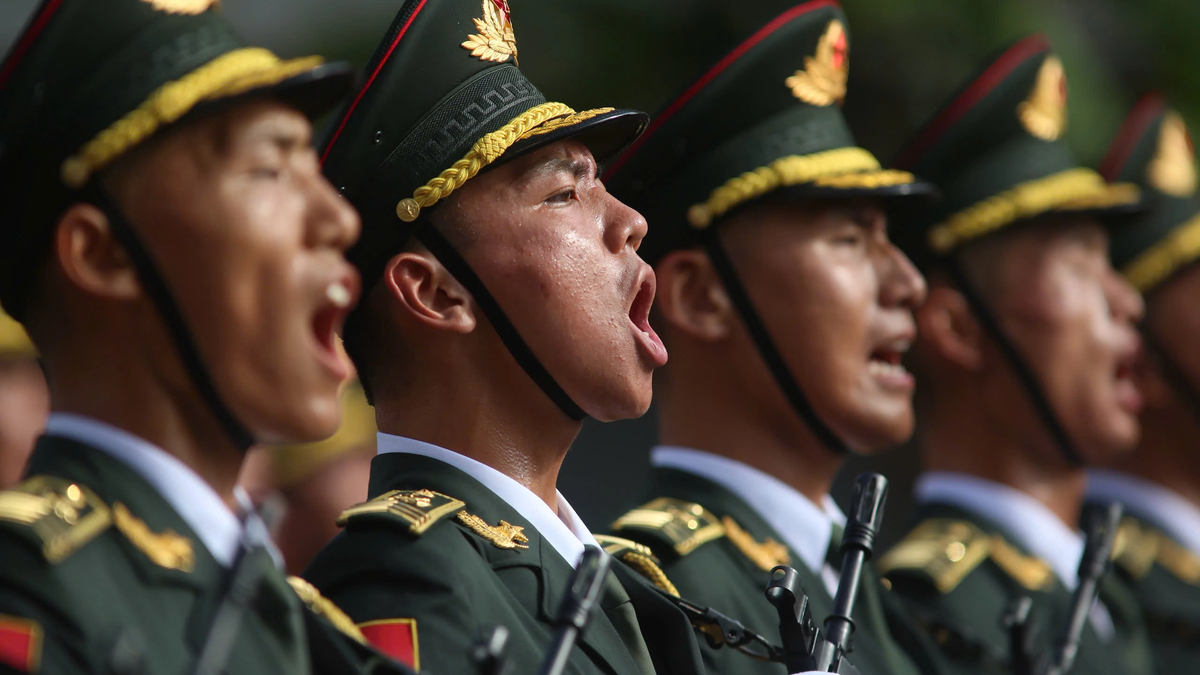

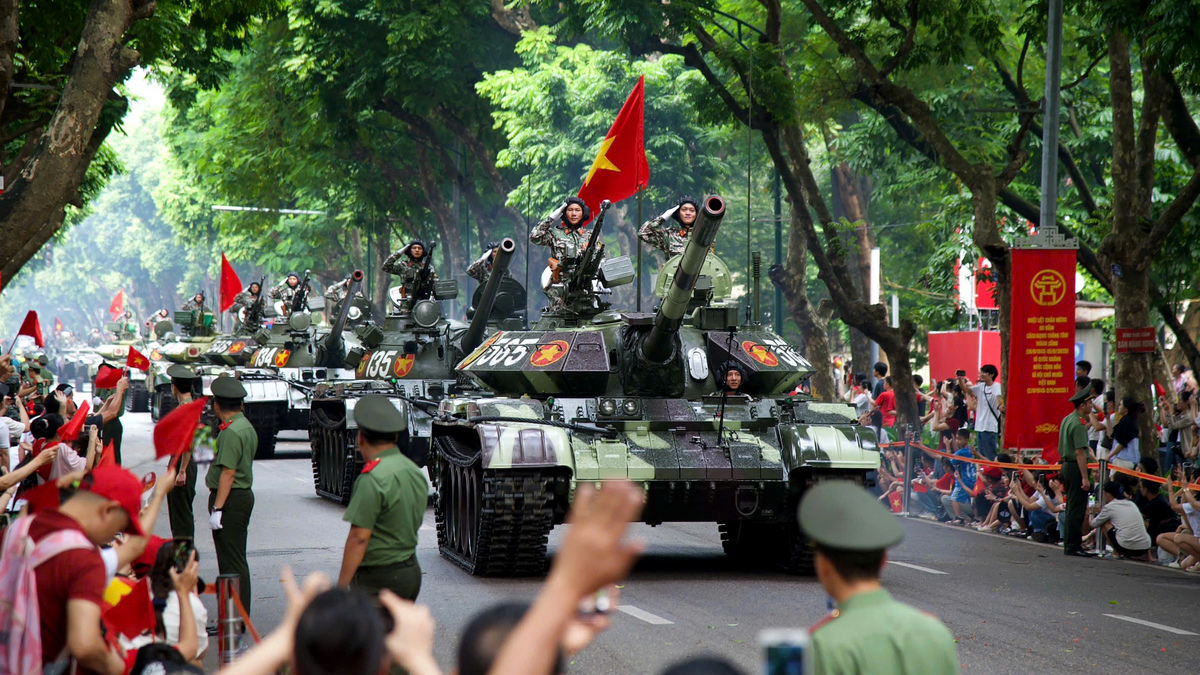
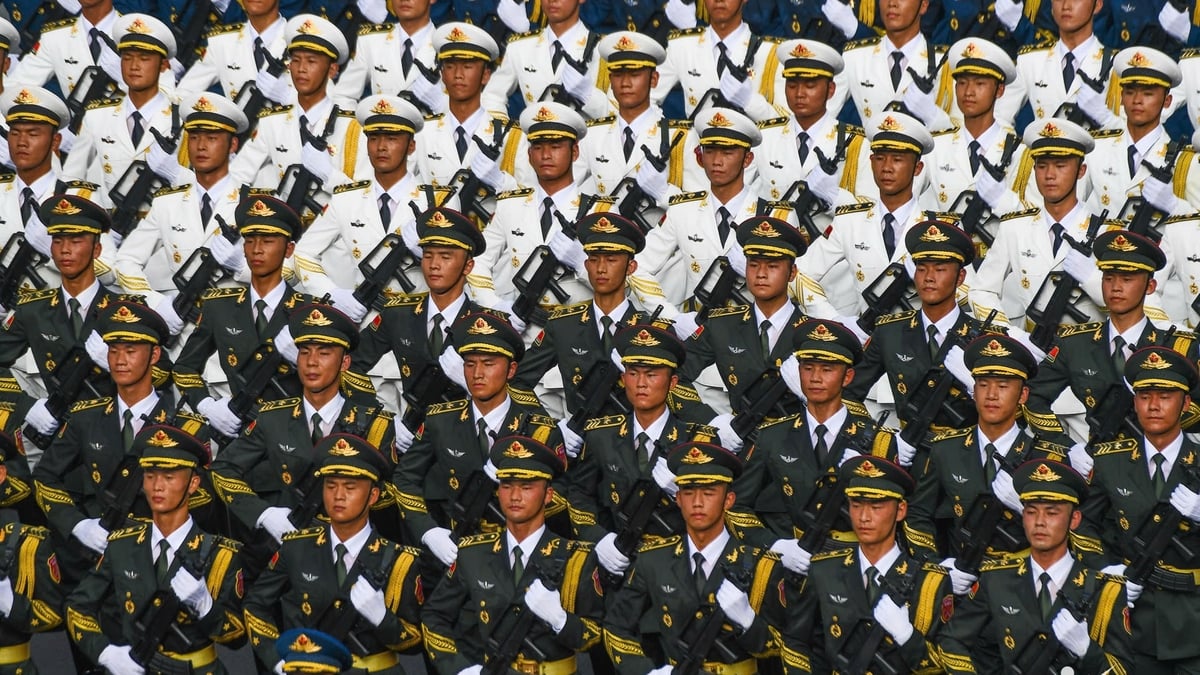
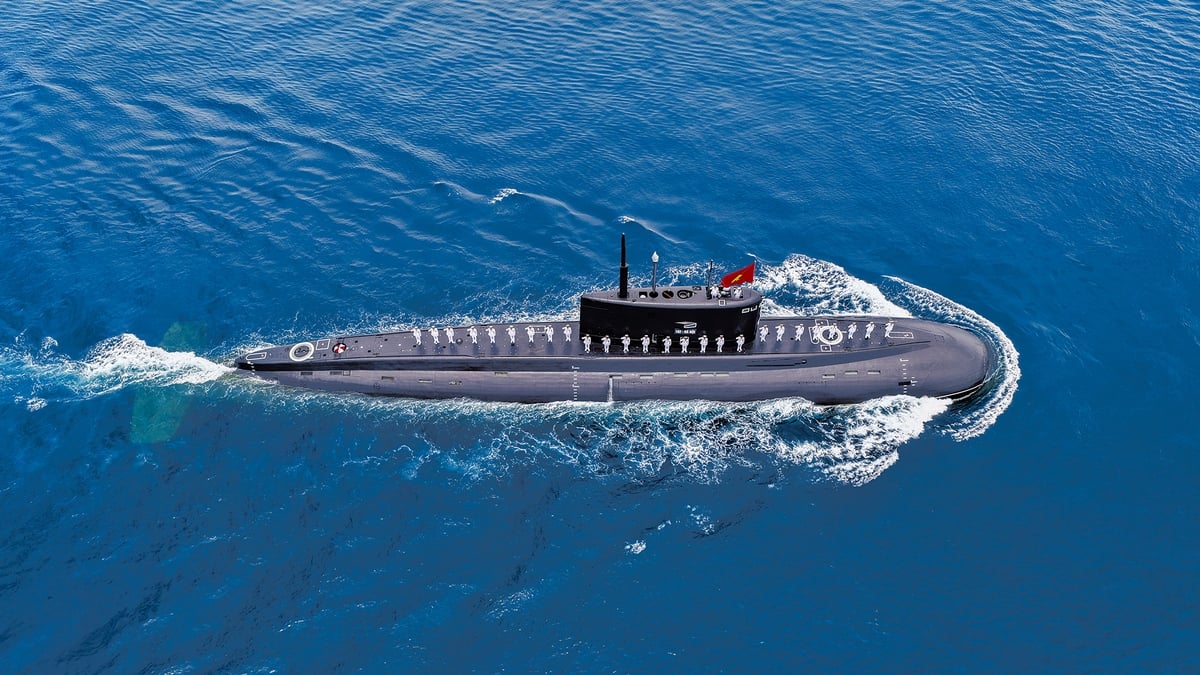
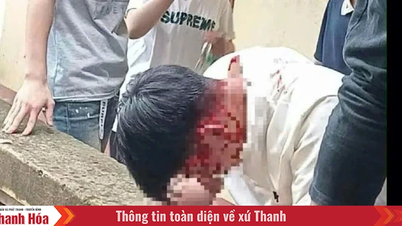

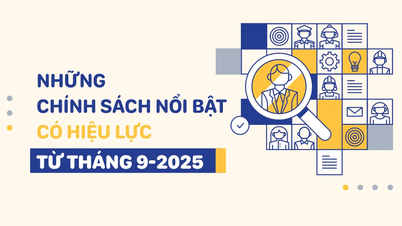

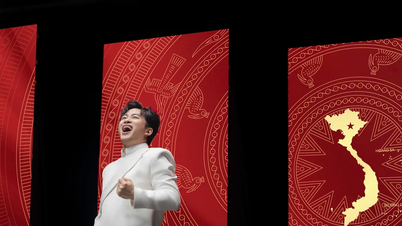
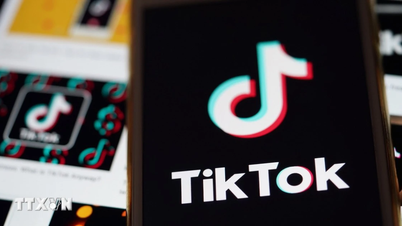

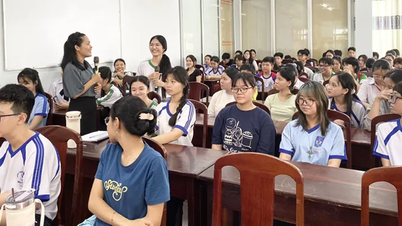

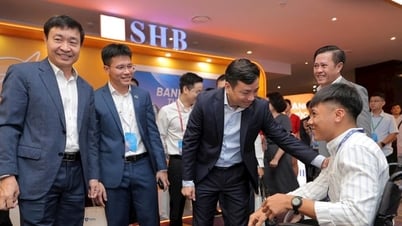



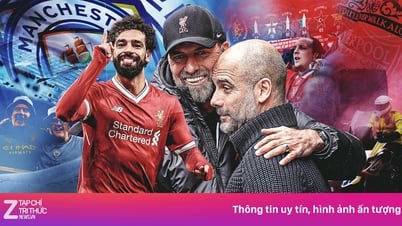


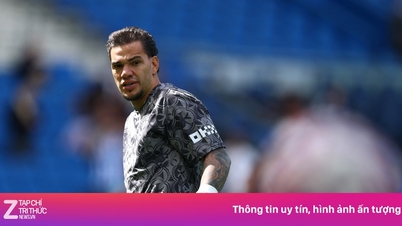
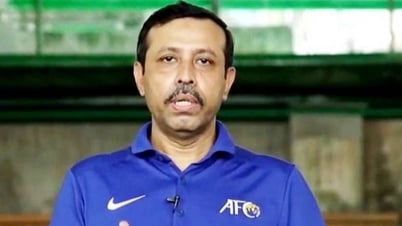
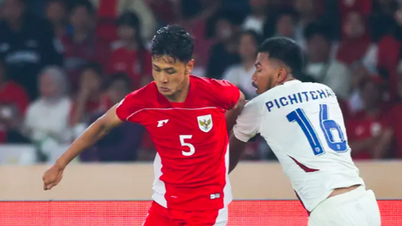


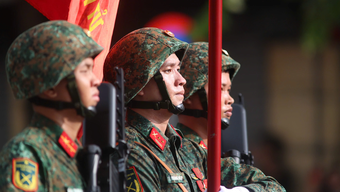


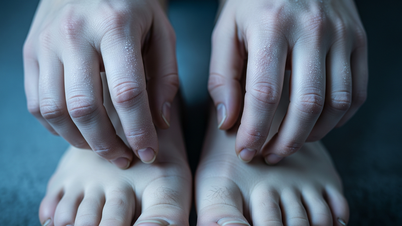
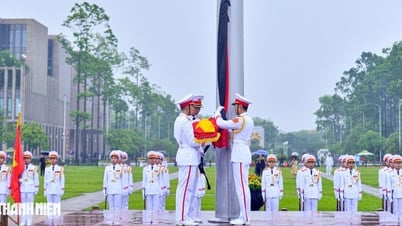
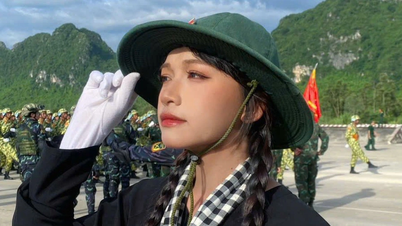

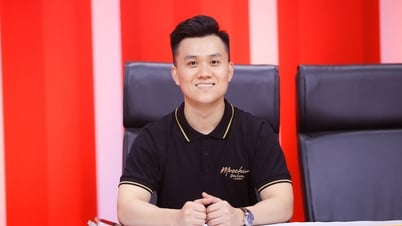

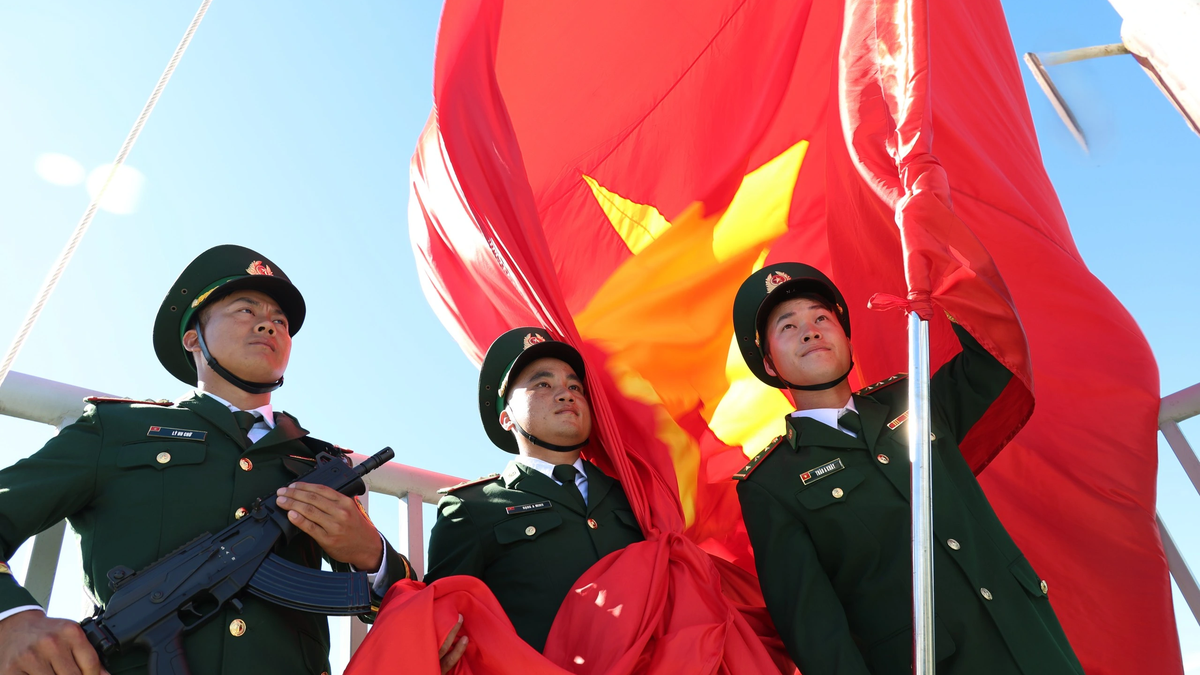
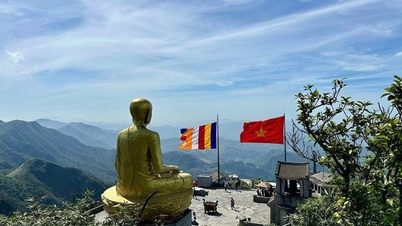










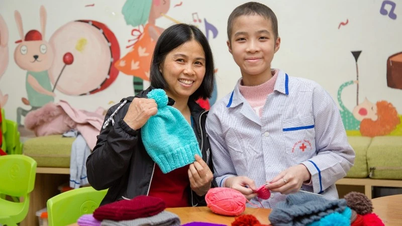
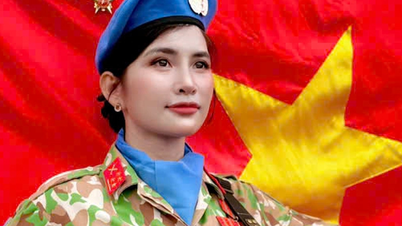


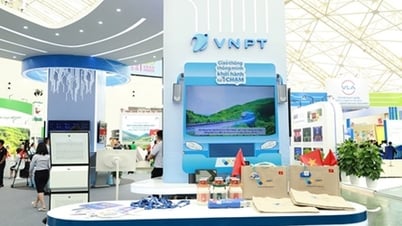

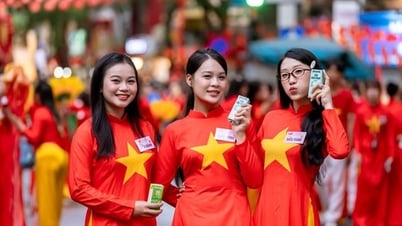



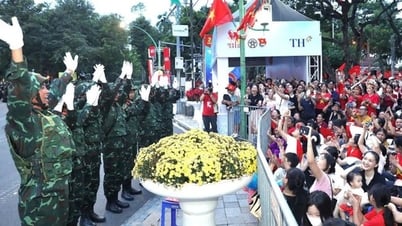

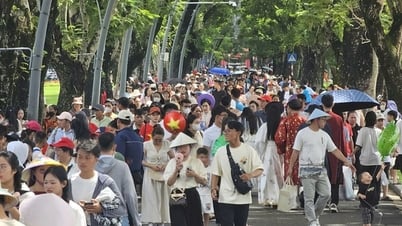

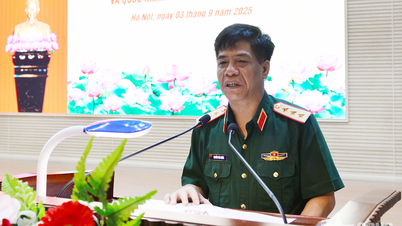

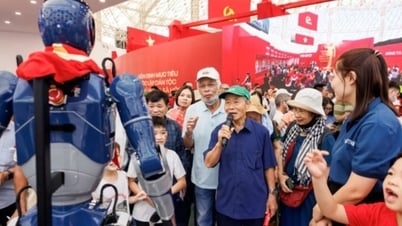
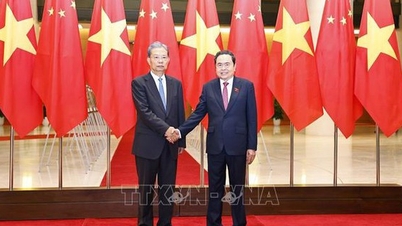





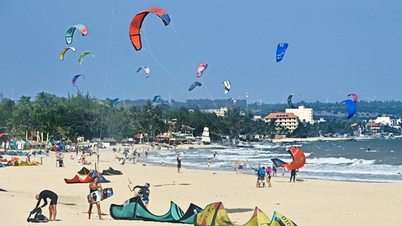
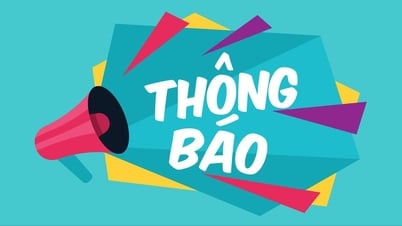

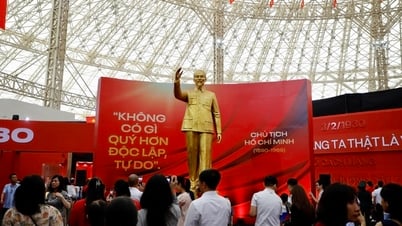
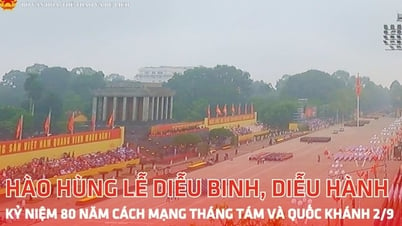
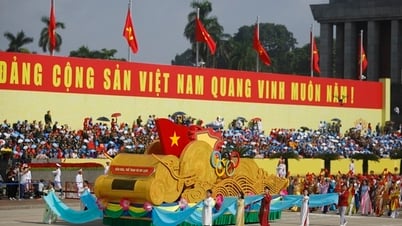


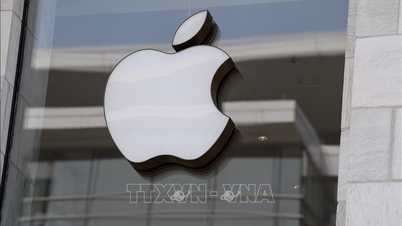

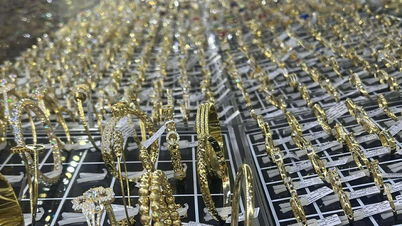

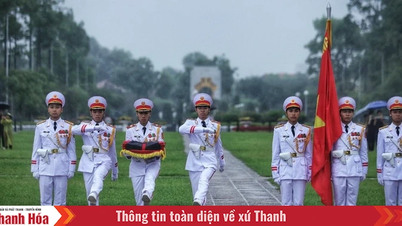


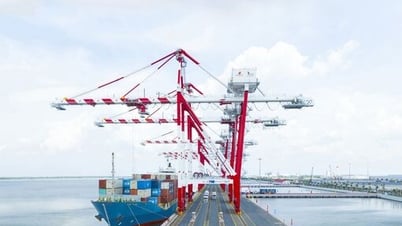

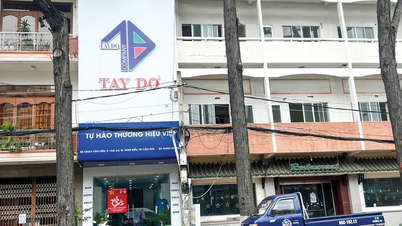
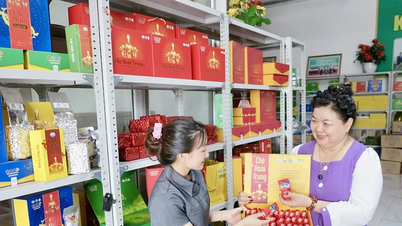

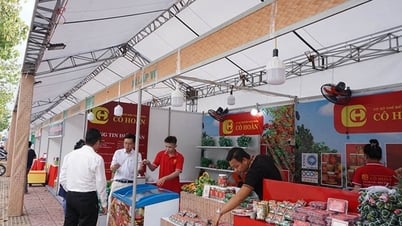

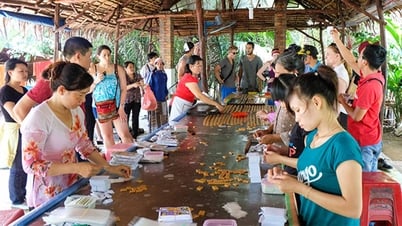





Comment (0)